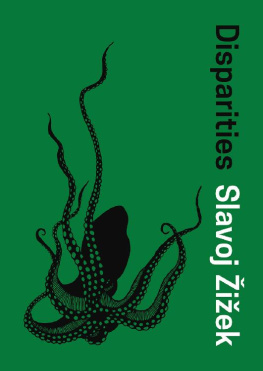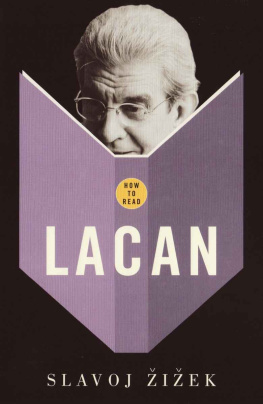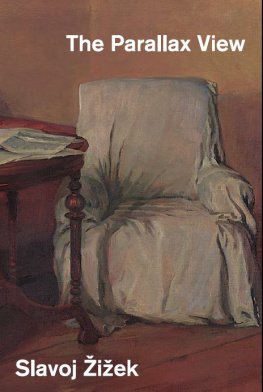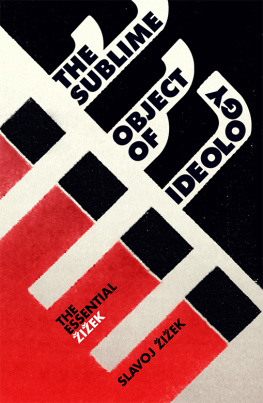INSTEAD OF INTRODUCTION:
THE ROLE OF JOKES IN THE BECOMING-MAN OF THE APE
One of the popular myths of the late Communist regimes in Eastern Europe was that there was a department of the secret police whose function was (not to collect, but) to invent and put in circulation political jokes against the regime and its representatives, as they were aware of jokes positive stabilizing function (political jokes offer to ordinary people an easy and tolerable way to blow off steam, easing their frustrations). Attractive as it is, this myth ignores a rarely mentioned but nonetheless crucial feature of jokes: they never seem to have an author, as if the question who is the author of this joke? were an impossible one. Jokes are originally told, they are always-already heard (recall the proverbial Did you hear that joke about ?). Therein resides their mystery: they are idiosyncratic, they stand for the unique creativity of language, but are nonetheless collective, anonymous, authorless, all of a sudden here out of nowhere. The idea that there has to be an author of a joke is properly paranoiac: it means that there has to be an Other of the Other, of the anonymous symbolic order, as if the very unfathomable contingent generative power of language has to be personalized, located into an agent who controls it and secretly pulls the strings. This is why, from the theological perspective, God is the ultimate jokester. This is the thesis of Isaac Asimovs charming short story Jokester, about a group of historians of language who, in order to support the hypothesis that God created man out of apes by telling them a joke (he told apes who, up to that moment, were merely exchanging animal signs, the first joke that gave birth to spirit), try to reconstruct this joke, the mother of all jokes. (Incidentally, for a member of the Judeo-Christian tradition, this work is superfluous, since we all know what this joke was: Do not eat from the tree of knowledge!the first prohibition that clearly is a joke, a perplexing temptation whose point is not clear.)
NOTE
. Less Than Nothing (London: Verso, 2012), 9495.
IEKS JOKES
THREE WHITES AND TWO BLACKS
We should reread Lacans text on logical time, where he provides a brilliant interpretation of the logical puzzle of three prisoners. What is not so well known is that the original form of this puzzle comes from the eighteenth-century French libertinage with its mixture of sex and cold logic (which culminates in Sade). In this sexualized version, the governor of a womans prison has decided that he will give amnesty to one of the three prisoners; the winner will be decided by a test of her intelligence. The three women will be placed in a triangle around a large round table, each naked from the waist below and leaning forward on the table to enable penetration a tergo. Each woman will then be penetrated from behind by either a black or a white man, so she will be only able to see the color of the men who are penetrating the other two woman in front of her; all that she will know is that there are only five men available to the governor for this experiment, three white and two black. Given these constraints, the winner will be the woman who first can establish the color of skin of the man fucking her, pushing him away and leaving the room. There are three possible cases here, of increasing complexity:
In the first case, there are two black men and one white man fucking the women. Since the woman fucked by a white man knows that there are only two black men in the pool, she can immediately rise and leave the room.
In the second case, there is one black man and two white men doing the fucking. The two women fucked by white men can hence see one white man and one black man. The woman fucked by a black man can see two white men, butsince there are three white men in the poolshe also cannot immediately rise. The only way for a winner to emerge in this second case is if one of the two women being fucked by a white man reasons in this way to herself: I can see one white man and one black man, so the guy fucking me might be white or black. However, if my fucker was black, the woman in front of me fucked by a white man would see two black men and immediately conclude that her fucker was whiteshe would have stood up and moved immediately. But she hasnt done this, so my fucker must be white.
In the third case, each of the three women is being fucked by a white man, so that each of them accordingly sees two other white men. Each can accordingly reason in the same mode as the winner in case 2 had, in the following way: I can see two white men, so the man fucking me can be white or black. But if mine was black, either of the two others could reason (as the winner in 2 does): I can see a black man and a white man. So if my fucker is black, the woman fucked by a white man would see two black man and immediately conclude that her fucker was white and leave. But she hasnt done this. So my fucker must be white. But since neither of the other two has stood up, my fucker must not be black, but white too.
But here logical time enters. If all three women were of equal intelligence and indeed arose at the same time, this would cast each of them into a radical uncertainty about who is fucking them. Why? Each woman could not know whether the other two women have stood up as a result of going through the same reasoning process she has gone through, since she was being fucked by a white man; or whether each had reasoned as the winner in the second type of case had, because she was fucked by a black man. The winner will be the woman who will be the first to interpret this indecision correctly and jump to the conclusion that it indicates how all three were being fucked by white men.
The consolation prize for the other two women will be that at least they will have been fucked to the end, and this fact gains its meaning the moment one takes note of the political overdetermination of this choice of men: among the upper-class ladies in the mid-eighteenth-century France, black men as sexual partners were, of course, socially unacceptable, but coveted as secret lovers because of their alleged higher potency and supposedly extra-large penises. Consequently, to be fucked by a white man means socially acceptable but intimately not-satisfying sex, while to be fucked by a black man means socially inadmissible but much more satisfying sex. However, this choice is more complex than it may appear, since, in sexual activity, the fantasy gaze observing us is always here. The message of the logical puzzle thus becomes more ambiguous: the three women are observing each other while having sex, and what they have to establish is not simply Who is fucking me, a black or a white guy? but, rather, What am I for the Others gaze while I am being fucked?, as if her very identity is established through this gaze.
THE FUNCTION OF REPETITION is best exemplified by an old joke from Socialist times about a Yugoslav politician on a visit to Germany. When his train passes a city, he asks his guide: What city is this? The guide replies: Baden-Baden. The politician snaps back: Im not an idiotyou dont have to tell me twice!
A SNOBBISH IDIOT goes to an expensive restaurant and, when asked by the waiter: Hors doeuvre?, he replies: No, I am not out of work, I earn enough to be able to afford to eat here! The waiter then explains he means the appetizer and proposes raw ham: Du jambon cru? The idiot replies: No, I dont believe it was ham I had the last time here. But OK, lets have it nowand quickly, please! The waiter reassures him: Jai hte de vous servir! to which the idiot snaps back: Why should you hate to serve me? I will give you a good tip! And so on, till finally the idiot gets the point that his knowledge of French is limited; to repair his reputation and prove that he is a man of culture, he decides, upon his departure late in the evening, to wish the waiter good night not in French
Next page














